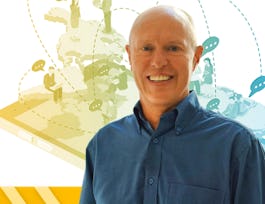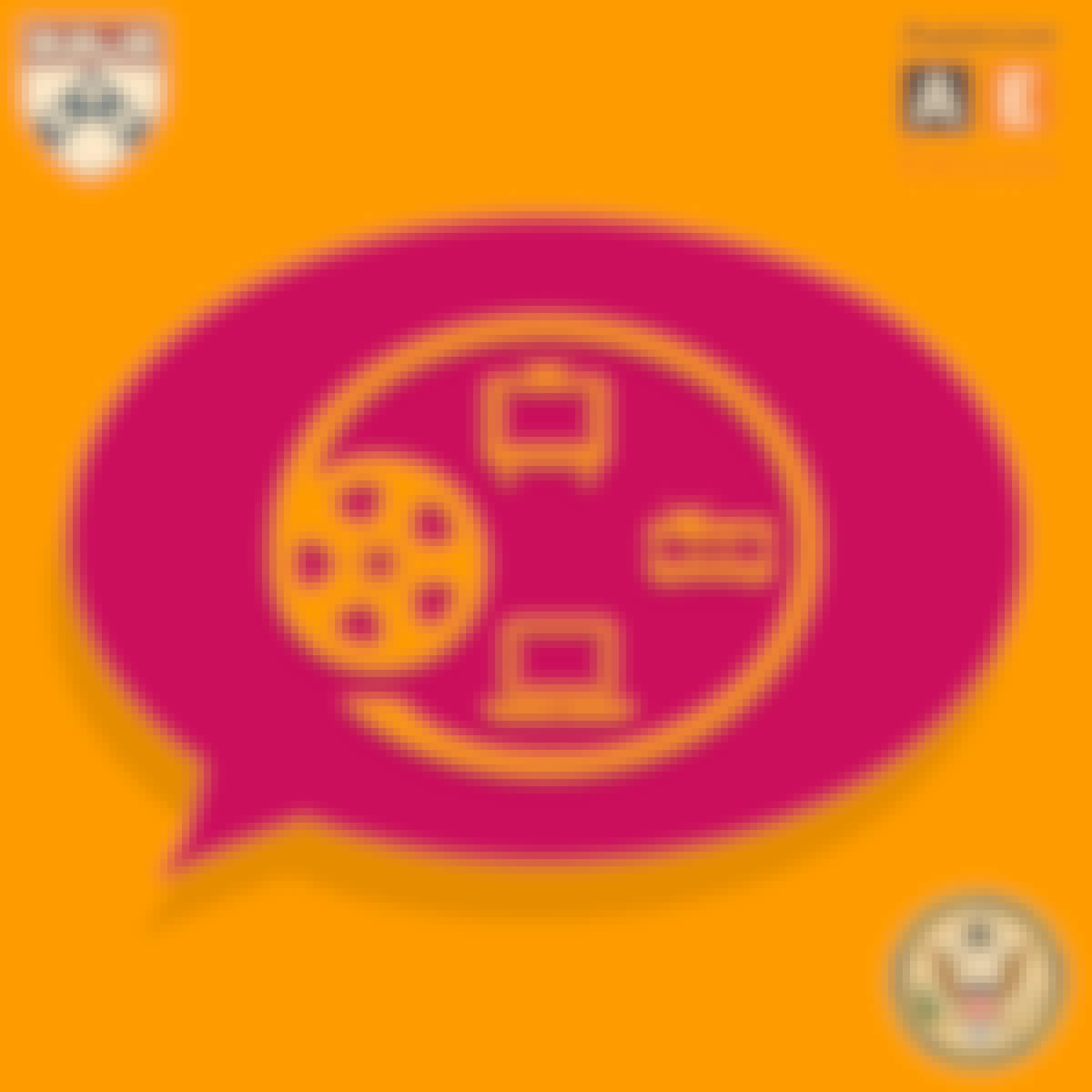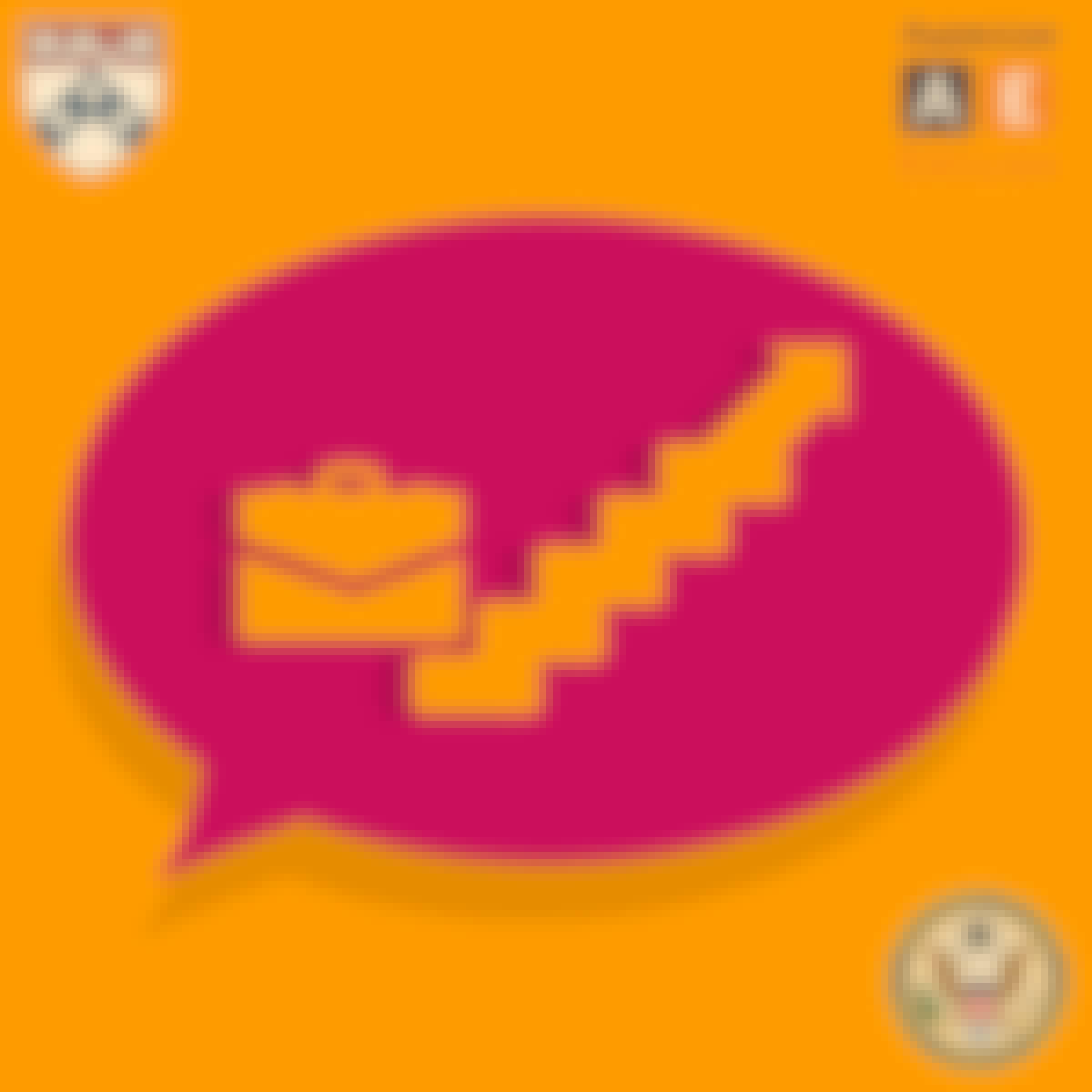Most Popular Courses
Top Rated Courses
Get Certified to Teach English
More Language Courses
Business English for Non-Native Speakers
Most Popular Certificates
Frequently Asked Questions about Language Learning
The ability to communicate through language is one of the most important things that defines us as humans. But for some people, language learning essentially stops after they learn to speak their own native tongue at a young age - or, for others, once they finish their required foreign language courses in high school or college. This is especially common in America, where learning languages other than English can seem like an unnecessary luxury or an academic exercise.
This attitude risks severely limiting the horizons of your world, and missing out on one of the most rewarding experiences of life: making connections with people that are different from you. The ability to speak foreign languages opens up opportunities to connect with millions, even hundreds of millions, of people from other countries - as well as people from other cultures in your own country. For example, according to U.S. Census data, over 20% of American households speak a language other than English at home - including over 13% that speak Spanish at home.
Foreign language skills can also make travel abroad infinitely more rewarding. If you’ve spent time in a country where you don’t speak the language, you know how painful and embarrassing it is to be able to communicate only through facial expressions, body language, and a handful of poorly-pronounced phrases for ordering food at restaurants. Being able to speak the right language, even at a medium level of ability, opens up the possibility of making friends, understanding cultural nuances, and exploring new places “like a local.”
Whether you want to expand your personal map of the world, open doors to new career paths, or just experience the joy of cross-cultural connection, the ability to learn new languages is an indispensable ability. And, thanks to online courses and other tools, opportunities for language learning are more accessible than ever.
“Soft skills” of all kinds, including strong interpersonal communications ability, are in high demand for employers of all kinds. The ability to speak foreign languages is a particularly powerful case; the ability to speak multiple languages is indicative of a higher level of communications skills in general, and for more and more businesses this capability can be a major asset. For example, in America, many jobs in areas as diverse as customer support and restaurant management may either require or preferentially hire applicants that speak Spanish.
Language skills are also foundational, and absolutely required, for a number of other career paths. A translator must be able to carefully convert the meaning and nuance of texts across two languages, whether they’re translating literature, advertising copy, or film subtitles. Interpreters, meanwhile, need to be able to bridge two languages in real-time, requiring a high level of ability in both languages as well as the ability to think on your feet.
If you have excellent language skills and want an even higher-profile career, you can work in the foreign service as an intelligence agent, or in other government linguist jobs in the military or diplomatic agencies. The work of these language specialists can be very high-pressure, with potential for international ramifications - or even life or death risks - if material is translated or interpreted incorrectly. However, the impact and prestige of these jobs may be unmatched in the field of language, and they certainly provide a rewarding career path for language experts that want to serve their country.
Online courses are a great opportunity for language learning, thanks to the ability to review and practice material at your own pace. You can take courses to improve your speaking ability, your writing skills, or even details of grammar in a foreign language. The ability to complete coursework on a flexible schedule also makes online courses a great fit for learning foreign languages while continuing to work full-time or raising a family.
In addition to acquiring language skills yourself, online courses can be a great way to learn how to help others learn languages - for example, through ESL (English as a second language) teaching courses. There are also opportunities to dive more deeply into the discipline, with online courses in specialized areas like linguistics, computational linguistics, or even archaeology.
Regardless of your area of language learning interest, online courses offered through Coursera let you build your skills at a lower cost than on-campus students without sacrificing in quality. You can take courses from top-ranked institutions from around the world, such as Peking University in China, École Polytechnique in France, Universiteit Leiden in Germany, and Arizona State University and the University of California in America.
There is no specific experience required before starting language learning. Learners should have an interest in the language at hand and a willingness to commit to the time needed to learn the new language. People who work in the environment where the language being studied is spoken may have an easier time picking up the language than others. Excellent listening skills are a must, as well as organizational and reading comprehension skills.
People who desire to speak a second language are best suited for language learning. Language learning is about broadening your horizons and finding ways to communicate with people you may not have been able to engage with before. If you travel to other countries, language learning can help you navigate not only a workspace but restaurants, hotels, and other daily arrangements. People who want to improve communication skills, send clearer emails, and feel confident speaking to colleagues are great candidates for language learning.
The most common career path for someone in language learning is teaching English as a second language. This rewarding career path is a great way to effectively teach learners how to confidently read, write, and converse in a second language. The next gradual step for more advanced speakers is a career as a translator working in a business, hospital, courtroom, or school.
Cross-cultural communication skills can teach you not only vocabulary and grammar rules but also how to effectively use tone and style in both written and spoken communication. Finance and economic language courses may teach you to effectively craft an email, give a presentation, and write reports using vocabulary and language skills commonly used in financial settings. Media literacy courses may help you navigate both traditional and social media with a focus on advertising and the meaning of bias. If you want to delve even deeper into media literacy, topics that explain journalism may help language learners understand how and why news stories are written by digging into the principles behind the research and writing of the news today.
Online Language Learning courses offer a convenient and flexible way to enhance your existing knowledge or learn new Language Learning skills. With a wide range of Language Learning classes, you can conveniently learn at your own pace to advance your Language Learning career.
When looking to enhance your workforce's skills in Language Learning, it's crucial to select a course that aligns with their current abilities and learning objectives. Our Skills Dashboard is an invaluable tool for identifying skill gaps and choosing the most appropriate course for effective upskilling. For a comprehensive understanding of how our courses can benefit your employees, explore the enterprise solutions we offer. Discover more about our tailored programs at Coursera for Business here.








































































